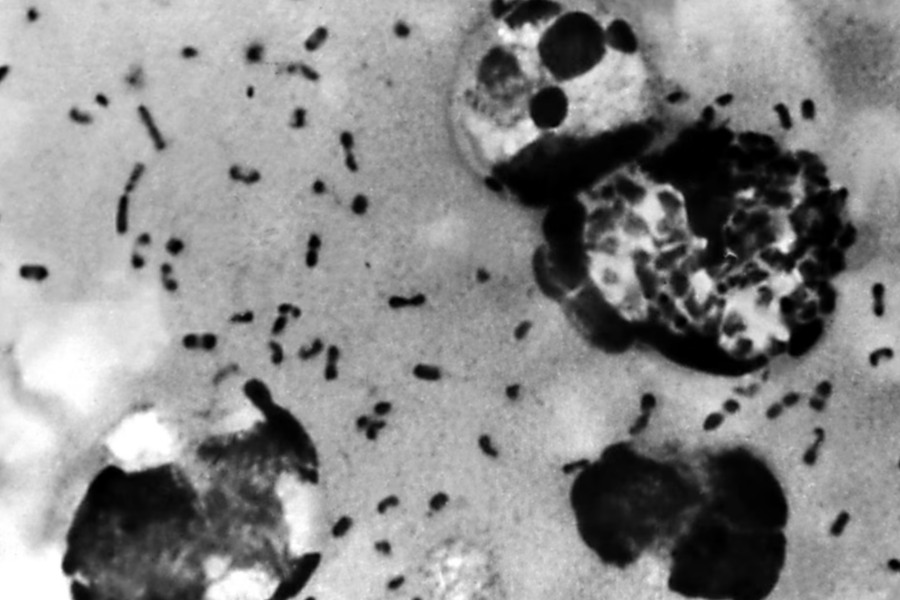The bubonic plague wiped out tens of millions of people in Europe in the 14th century — gaining the grim label the Black Death. In 2024, a handful of cases arise each year in the United States and around the world — though the diseaseis far less common and far more treatable.
Last week in the United States, a rare case of human plague was confirmed in rural Oregon, according to Deschutes County Health Services. The unnamed individual is likely to have been infected by a pet cat, which had symptoms, health officials said. The case was identified and treated early, “posing little risk to the community,” and no additional cases have emerged.
In recent decades, an average of seven human plague cases are reported each year, according to the Centers for Disease Control and Prevention. The bubonic plague is the most common form of the plague and is characterized by painful, swollen lymph nodes known as “buboes.” While not totally eradicated, “human to human transmission of bubonic plague is rare,” according to the World Health Organization.
